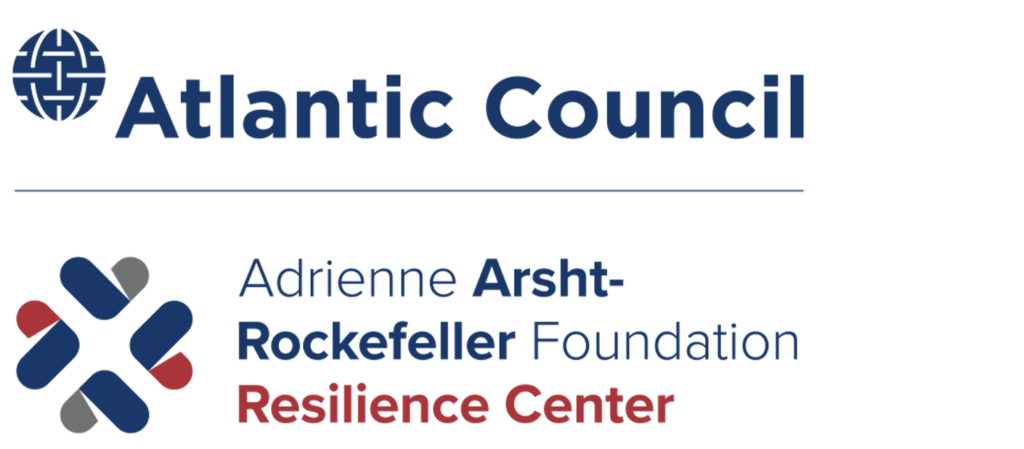Programs

The Adrienne Arsht-Rockefeller Foundation Resilience Center will reach one billion people with resilience solutions to climate change, migration, and security challenges by 2030. We will focus our efforts on individuals, communities, and a broad spectrum of governments and institutions to help them, and their constituencies and stakeholders, better prepare for, navigate, and recover from shocks and stresses. We will help build a more resilient world.











